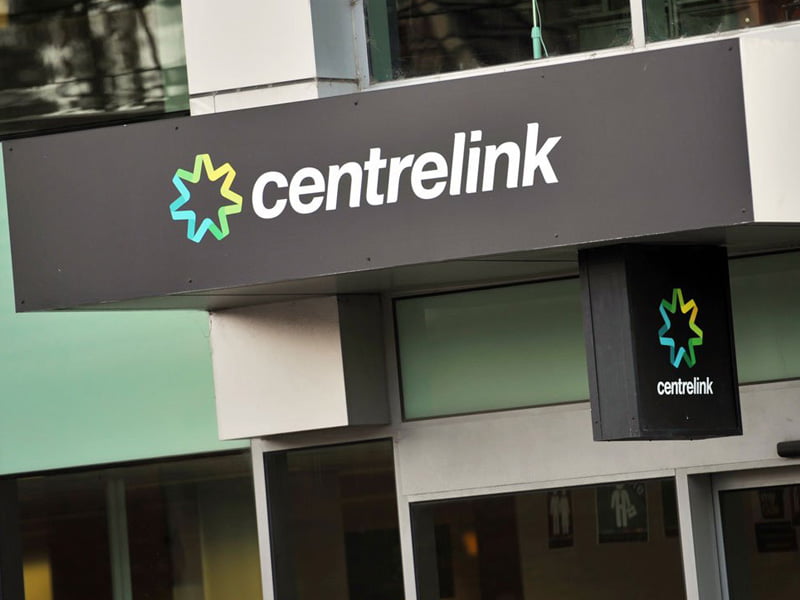Services Australia will replace the network that connects its workforce for the first time in more than a decade in response to the growth in cloud-based tools and the WFH shift triggered by the pandemic.
The upgrade, dubbed the Telecommunications Services Programme, is one of the first major transformations at the agency since the seven-year, billion-dollar overhaul of Centrelink systems known as WPIT wrapped up in mid-2022.
In a request for tender published this week, Services Australia called for a “new set of world-class telecommunications capabilities” based on a software-defined wide area network (SD-WAN) architecture that will be in place for up to ten years.

Unlike a traditional WAN network, which uses a hardware-based configuration, a SD-WAN offers virtual routing capabilities to connect networks, including offices and data centres, improving performance.
The new SD-WAN will serve Services Australia, as well as its partner agencies, including the Department of Veterans’ Affairs, Department of Social Services and the National Disability Insurance Agency.
According to tender documents, the agency’s existing telecommunications services contract – held by Telstra at a cost of $1.48 billion – has been in place since 2012, with many of the capabilities now considered end-of-life.
The planned shift to SD-WAN also reflects the changing working environment, with work from home days for the agency’s almost 28,000 staff now uncapped following a push by the Community and Public Sector Union last year.
“The current WAN architecture… was developed over ten years ago and harks back to a time where corporate applications resided on premises and users access them mostly from within corporate office locations. This is in stark contrast to the work environment of today,” Services Australia said.
“A new era has now emerged, in which the workplace may be at home rather than an office cubicle. Where users are continuously communicating and sharing information via collaboration platforms… and accessing apps in the cloud as well as within the corporate network perimeter…
“With the advent of cloud-based apps and the… dramatic uptake in the use of collaboration platforms, legacy corporate networks have to cope with usage patterns that they were not designed for and are consequently struggling to provide users with an experience that delivers adequate network performance, reliable seamless connectivity, and effective security.”
Services Australia said it has already purchased subscriptions for Zscaler products that will replace virtual private network functionality provided by Cisco, allowing staff to bypass the agency’s secure internet gateway and connect directly to the internet.
The Zscaler products – which the chosen provider will need to support – will “facilitate the delivery and implementation of Secure Access Service Edge (SASE)”, a security framework that converges SD-WAN and Zero Trust security solutions into a single cloud-platform, according to Microsoft.
“In the future state, the Services Australia network will be designed, operated and managed as a single multi-tenancy network – a single consolidated network that is capable of supporting locally separated official and protected… networks,” Services Australia said.
In last year’s 2023-2030 Australian Cyber Security Strategy, the federal government reveal plans to develop a whole-of-government Zero Trust culture, though it is yet to provide any detail on how it plans to do this.
The chosen network transformation provider will be expected to deliver onboarding services for the agency’s managed network services, as well as transformation services for the software-defined network, including SD-WAN, SD-WLAN and SD-LAN.
Services Australia will begin transitioning from its existing networking provider as early as next year, with the contract expected to be in place by December 2024. The contract will run for an initial term of three years and includes options to extend for up to a further seven years.
Do you know more? Contact James Riley via Email.

